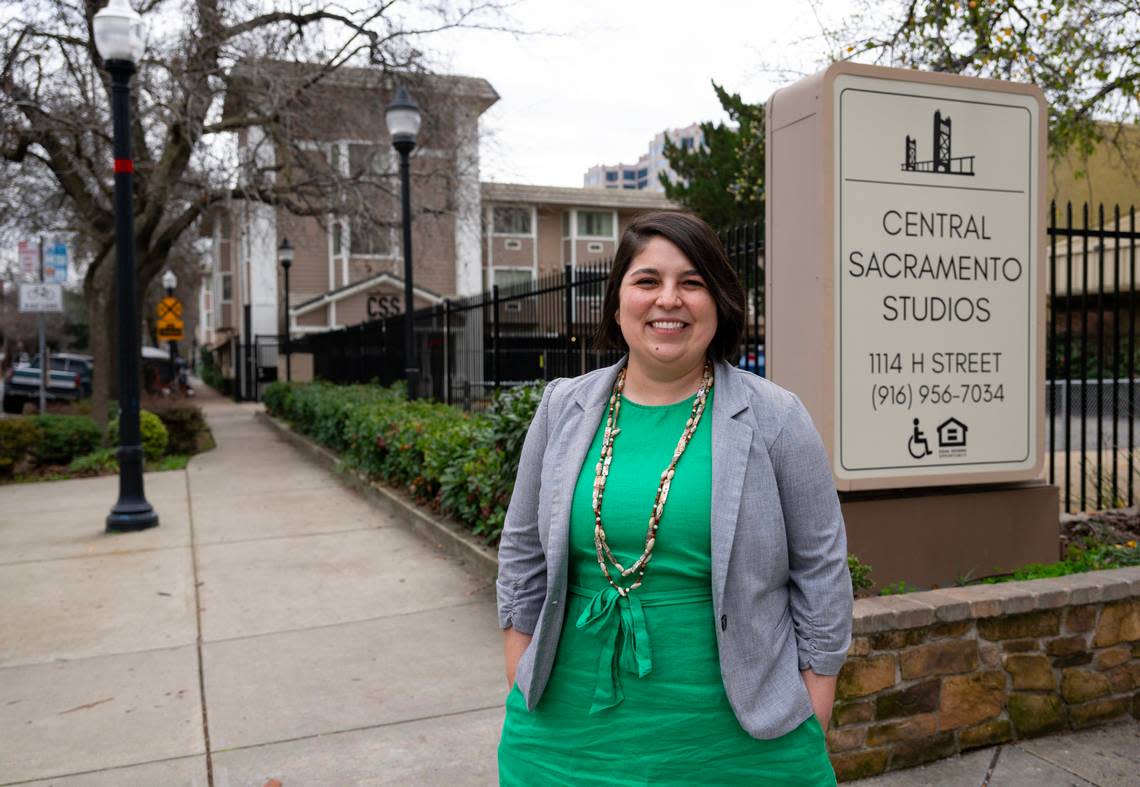Another closed session on Sacramento city manager pay? Put a fork in this idea | Opinion

The Sacramento City Council has scheduled yet another closed-session meeting to discuss the pay and compensation of California’s highest-paid city manager, Howard Chan, and other top city bureaucrats. Hopefully, this is the last meeting on this topic and does not result in raises. That would send the wrong message.
Today’s meeting follows a closed session from last month that had been placed on the council agenda as a performance evaluation of Chan. However, that meeting may have veered into whether the city manager deserves another raise. California’s open meeting law, the Brown Act, is clear that a closed session solely about executive performance cannot also be about a raise.
Following that June 11 meeting, Councilwoman Katie Valenzuela asked City Attorney Susana Alcala Wood to investigate whether the Brown Act was violated and appropriate next steps. The City Attorney is back with a minor procedural change to official city rules that mirrors the Brown Act and nothing more. And the staff report is silent on whether Chan or a council member violated the open meetings law back on June 11 by discussing a raise.
It is a basic public duty for any city violation of any law to be acknowledged. If Chan, who at times displays a near obsession about his record-high compensation, brought his pay up illegally in a performance evaluation, he should state so for the record. He could even go so far as to apologize.
Opinion
It’s highly doubtful that Valenzuela is simply making stuff up and asking for an investigation for no reason. When the direct hires of the city council err in following city codes or state laws, it is incumbent on them to set the record straight and move on. The staff report for Tuesday’s meeting does not meet this very modest standard of appropriate conduct of Sacramento’s highest public officials.
Sadly, this isn’t the first time the public and the council have had to endure these salary shenanigans. And it explains why this issue feels like a broken record.
The city called a special meeting of the council last Dec. 12 with barely 24 hours notice to approve raises for both staff and management. But the Brown Act specifically prohibits such quickly-announced meetings for executive raises. At that meeting, the council approved 5% raises for Chan and the rest of the charter officers, plus an additional six weeks vacation for the city manager that he could cash out for extra pay.
After a Bee inquiry into the legality of that vote, the city rescheduled a vote on the same management raises for January. The same council suddenly was less generous after the holidays, tabling the raise discussion altogether and stripping Chan’s ability to place his pay on a public meeting agenda.
Chan’s contract happens to expire at the end of this year as well, a pact that has given him a unique ability to convert leave into cash, which explains his record high salary. But the council hasn’t given the city manager any extra leave since November of 2022. With a base salary over $400,000, Chan is fairly compensated and the council should leave his pay issue alone.
Yet now the city is back with another closed session discussion about pay. But to raise the pay of Chan or Wood or City Clerk Mindy Cuppy, the city would have to place that on some separate agenda for a public discussion. For tomorrow, such an agenda item does not exist. So raises for management do not appear imminent. Good.
The city barely avoided staff layoffs this past budget cycle and is staring at the possibility of an even bigger budget problem next year. A month after the council unanimously approved more than 10 percent in raises for the rest of staff over two years, Chan said that the spending was “unsustainable.” He appears to be right. And he should apply that judgment to his pay.
The next mayor and council will inherit some huge challenges. Executive pay should be the least of this council’s worries.

